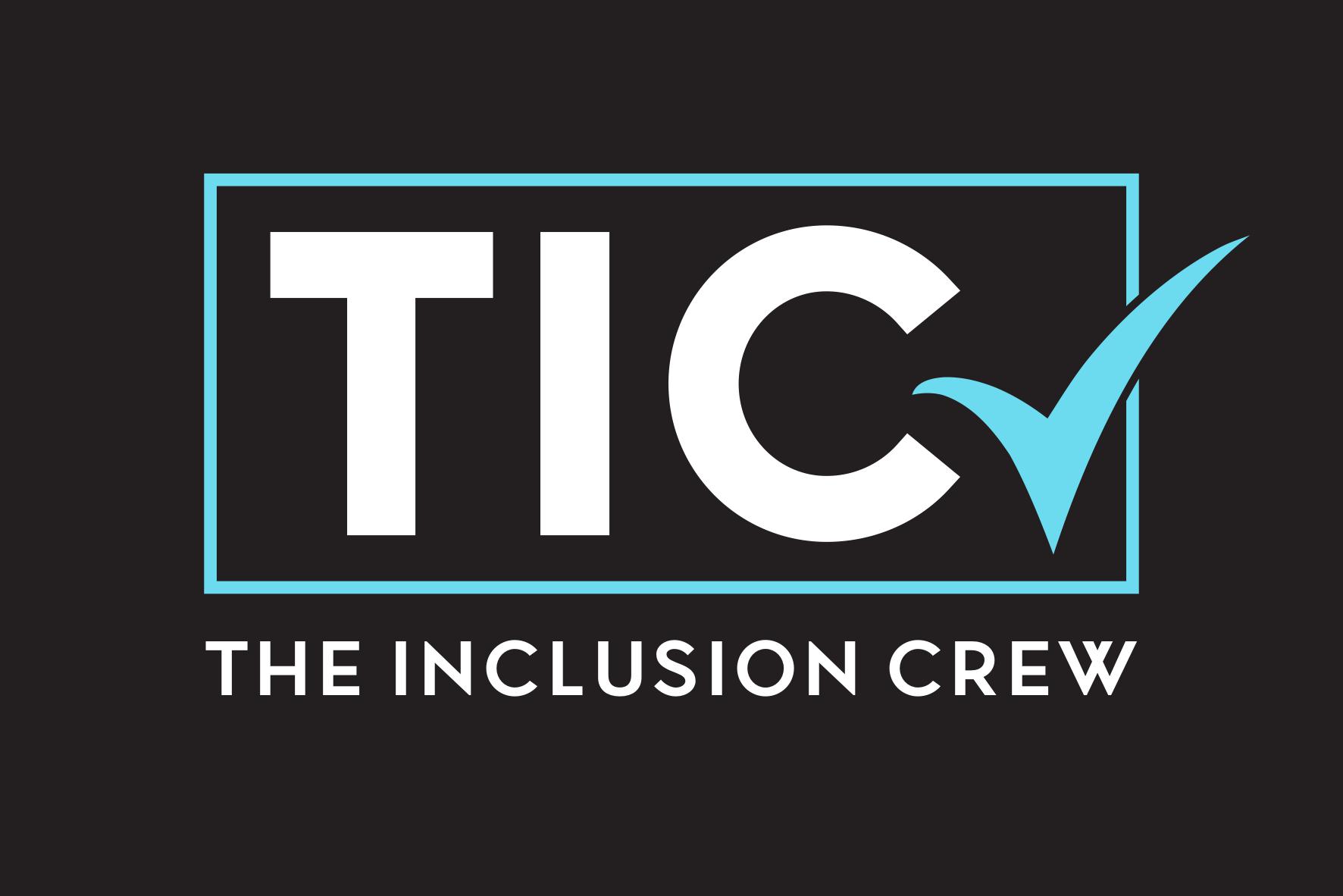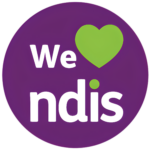
Empowering Your Financial Independence
Navigating the National Disability Insurance Scheme (NDIS) can be both exciting and complex, especially when it comes to managing your allocated funds. The NDIS provides essential financial support to individuals with disabilities, enabling them to access the services and assistance they need to lead fulfilling lives. To make the most of your NDIS funds and ensure long-term financial stability, effective budgeting and financial planning are essential.
Managing your NDIS funds efficiently not only ensures that you receive the support you require but also empowers you to have greater control over your financial future. With the right budgeting and financial planning techniques, you can navigate the NDIS with confidence, knowing that your resources are optimized to enhance your quality of life and achieve your goals. In the following sections, we’ll delve into practical advice that can make a significant difference in your financial journey with the NDIS.
Understand Your NDIS Plan:
The first step in effective financial management under the NDIS is gaining a comprehensive understanding of your individualized plan. Your NDIS plan is a roadmap that outlines the support and funding you’re entitled to, as well as your unique goals and needs. It serves as the cornerstone of your disability support journey. Take the time to review your plan meticulously, paying close attention to the details and intricacies. If you come across any uncertainties or ambiguities, don’t hesitate to reach out to your support coordinator or NDIS representative for clarification. An in-depth comprehension of your plan empowers you to make informed decisions about how to allocate funds where they are needed most, ensuring that your support aligns perfectly with your evolving needs.
Furthermore, your NDIS plan is not a static document; it’s designed to adapt and grow with you over time. As your circumstances change and your goals evolve, your plan can be adjusted to better reflect your current requirements. It’s essential to recognize the flexibility and adaptability inherent in the NDIS. Periodic plan reviews, typically conducted annually, provide the opportunity to reassess your goals, support needs, and any alterations necessary to optimize your plan. This dynamic nature of the NDIS means that your financial management strategies should be equally flexible. Embrace this opportunity for growth and change, and you’ll be well on your way to successfully managing your NDIS funds and achieving your objectives.
Set Clear Financial Goals
One of the keys to successful financial planning is setting clear and achievable goals. Identify your short-term and long-term objectives, such as improving your independence, enhancing your skills, or pursuing further education. Once you have defined your goals, break them down into manageable steps, each with an estimated cost. This will help you create a budget that aligns with your aspirations.
Moreover, setting clear financial goals not only provides you with a sense of purpose but also serves as a roadmap for allocating your NDIS funds effectively. By identifying your aspirations, whether they involve gaining greater independence, honing specific skills, or pursuing further education, you can tailor your budget to align with these objectives. Think of your financial goals as the guiding stars that illuminate your path. They not only help you prioritize your spending but also enable you to make informed decisions about which supports and services will contribute most to your personal growth and well-being.
In addition to defining your goals, it’s beneficial to establish a timeline for achieving them. Consider whether a particular goal is short-term, like attending a vocational training program, or long-term, such as working towards independent living. By breaking down your objectives into manageable steps with estimated costs, you can create a realistic budget that ensures your NDIS funds are allocated efficiently. This systematic approach not only enhances your financial planning but also empowers you to track your progress and make necessary adjustments along the way. In the end, setting clear and achievable financial goals is a foundational step in managing your NDIS funds wisely and realizing your full potential.
Create a Detailed Budget
Developing a comprehensive budget is a critical aspect of proficiently managing your NDIS funds. Begin by meticulously documenting all your sources of income, which may encompass NDIS funding, government support, and any personal contributions you make.
Next, outline your monthly expenditures, categorizing them into two primary groups: essentials (such as housing, food, and utilities) and discretionary spending (including entertainment and hobbies). It’s crucial to maintain a sense of realism when estimating your expenses and to take into account any potential fluctuations that might arise in your spending patterns.
A detailed budget serves as a powerful tool for tracking your financial progress and ensuring that you stay within your allocated funds. Regularly monitor your income and expenses to stay on top of your financial situation. You can use various budgeting methods, such as spreadsheets or budgeting apps, to help streamline this process. By adhering to a well-structured budget, you’ll be better equipped to make informed decisions about your spending priorities and allocate your NDIS funds optimally, ultimately leading to enhanced financial stability and the ability to achieve your goals.
Monitor Your Spending
Monitoring your spending is a crucial step in responsible financial management. After creating your budget, it’s essential to actively track your expenses and regularly assess how they align with your budgeted amounts. This ongoing monitoring process empowers you to gain a comprehensive understanding of your financial habits and identify areas where adjustments may be necessary to allocate more funds towards your goals effectively.
To facilitate efficient monitoring, consider using budgeting tools and apps that can help you effortlessly keep track of your expenditures.
You can implement practical strategies such as setting up alerts for your bank accounts, which can notify you when certain spending thresholds are reached. This real-time awareness can be instrumental in curbing impulse purchases and ensuring that your financial decisions remain in harmony with your budgeted plan.
Periodically reviewing your budget and analyzing your spending patterns can reveal valuable insights. For example, you might discover that a particular expense category consistently exceeds your budgeted amount. In response, you can explore cost-effective alternatives or seek ways to reduce those expenses. By maintaining a vigilant eye on your spending and making necessary adjustments, you’ll be well on your way to optimizing your NDIS funds and achieving your financial goals with confidence.
Seek Professional Advice
Seeking professional advice is a prudent step in your journey to financial management. Consulting with financial experts, such as financial advisors or disability support specialists, can provide you with valuable insights and tailored strategies for managing your NDIS funds effectively.
These professionals can assess your unique financial situation, help you set realistic goals, and offer guidance on optimizing your budget. They can also keep you informed about any changes in NDIS policies or funding guidelines, ensuring that you remain up-to-date and well-prepared to navigate the evolving landscape of disability support.
Professional advisors can assist you in identifying potential investment opportunities or financial products that align with your long-term objectives. Their expertise can help you make informed decisions, maximize your resources, and enhance your overall financial well-being.
By seeking professional advice, you’re taking a proactive approach to financial management, allowing you to make the most of your NDIS funds while ensuring your long-term financial stability. Whether you’re looking to invest, save, or plan for the future, the guidance of financial experts can be invaluable on your journey toward financial empowerment and independence.
Save For the Future
Consider a “Future Fund” Account:
One practical way to save for the future is to set up a dedicated “Future Fund” account within your existing bank or financial institution. This specialized account can help you keep your savings separate and easily accessible for long-term goals. By allocating a portion of your NDIS funds to this account regularly, you’ll steadily build a financial cushion for the years ahead.
Prioritize an Emergency Fund:
While planning for future aspirations is vital, it’s equally important to establish an emergency fund. Life can be unpredictable, and unexpected expenses can arise. Having an emergency fund with at least three to six months’ worth of living expenses can provide peace of mind and financial stability during challenging times.
Explore Government Savings Programs:
In some countries, there are government programs designed to assist individuals with disabilities in achieving financial security. Investigate whether your region offers any such programs that align with your long-term goals. These initiatives can provide additional avenues for saving and investing your NDIS funds wisely.
Seek Financial Education:
Instead of relying on a financial advisor, consider educating yourself about basic financial concepts. Numerous online resources and courses can help you gain a better understanding of savings, investments, and financial planning. Empowering yourself with financial knowledge allows you to make informed decisions regarding your NDIS funds and financial future.
Regularly Review Your Progress:
Periodically reviewing your savings and investment progress is crucial. Set aside time every few months to assess how well you’re tracking toward your goals. Are you consistently contributing to your Future Fund and emergency fund? Are there opportunities to increase your savings rate? Regular reviews ensure that you stay on the right financial path.
Conclusion
Managing NDIS funds requires careful planning, budgeting, and ongoing monitoring. By understanding your NDIS plan, setting clear financial goals, and creating a detailed budget, you can make the most of your allocated funds and work toward achieving your aspirations. Seek professional advice when needed, and remember that effective financial planning can lead to greater independence and a brighter future.


